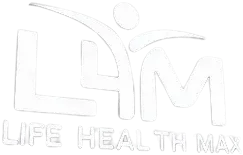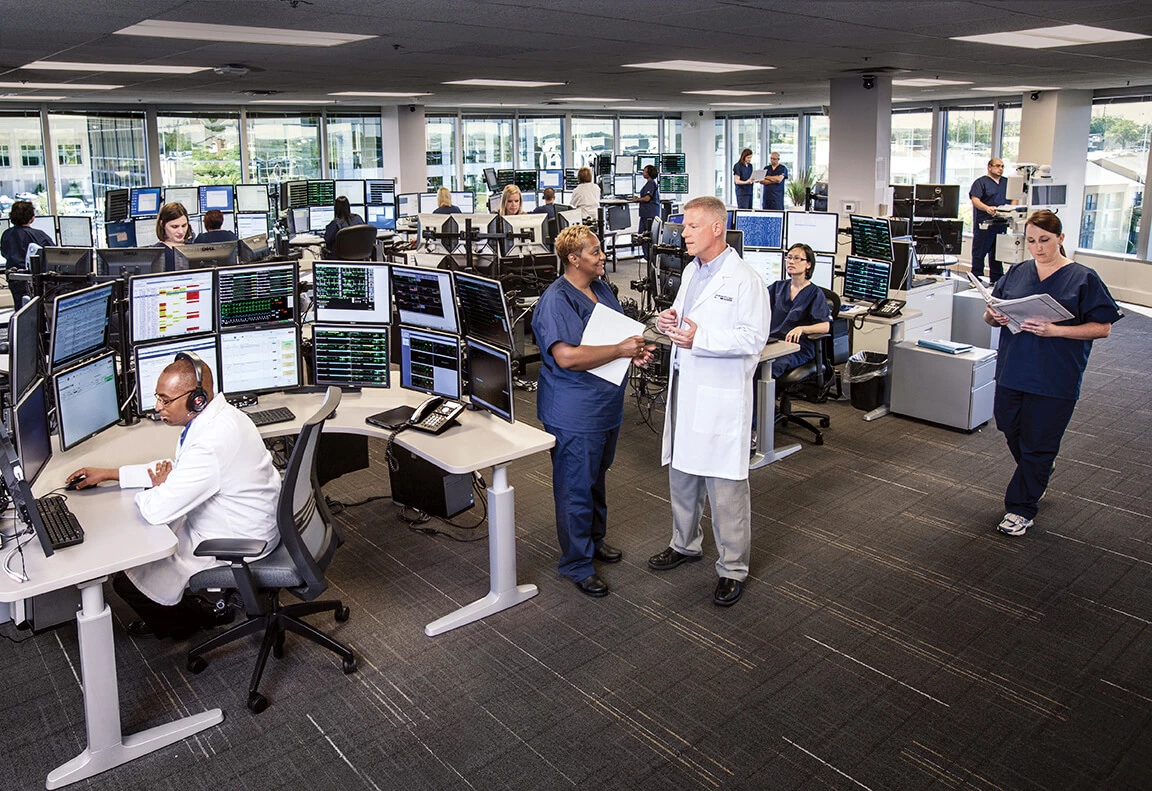In the rapidly evolving landscape of healthcare, technology continues to play a pivotal role in transforming patient care. One notable innovation is the Electronic Intensive Care Unit (EICU), a remote monitoring system that brings a new dimension to critical care. This article explores the ways in which patients can benefit from EICU services.

Content
Enhanced Monitoring and Surveillance
EICU services provide a comprehensive solution for continuous monitoring and surveillance of critically ill patients. Through advanced technology, healthcare professionals can remotely access real-time data, including vital signs, lab results, and imaging studies. This constant vigilance allows for early detection of any changes in a patient’s condition, enabling prompt intervention and potentially preventing complications.
Timely Intervention and Reduced Response Time
One of the primary advantages of EICU services is the ability to deliver timely interventions. Remote monitoring allows healthcare providers to respond quickly to any alarming changes in a patient’s health status. This rapid response time can be critical in emergencies, potentially saving lives and improving overall patient outcomes.
Access to Specialized Expertise
EICU services bridge geographical gaps, connecting patients in remote areas to specialized healthcare professionals. This is particularly beneficial for hospitals in rural or underserved areas that may not have immediate access to critical care specialists. Through virtual consultations, EICU services bring expert opinions and guidance to the bedside, ensuring that patients receive the highest quality care regardless of their location.
Improved Resource Utilization
The efficient use of resources is a key aspect of EICU services. By remotely monitoring multiple patients from a centralized location, healthcare providers can optimize their time and resources. This not only improves the efficiency of care delivery but also ensures that critical care expertise is distributed where it is needed most.
Reduced Healthcare Costs
EICU services have the potential to contribute to cost savings in the healthcare system. By preventing complications through early detection and intervention, patients are less likely to experience prolonged hospital stays or require additional intensive care resources. This proactive approach to patient care can result in overall cost reductions, making healthcare more sustainable in the long run.
Continuous Communication and Collaboration
Communication is a cornerstone of effective healthcare, and EICU services facilitate continuous communication and collaboration among healthcare teams. Through virtual platforms, medical professionals can share information, discuss cases, and ensure a seamless flow of critical data. This collaborative approach enhances the overall quality of care and promotes a patient-centric healthcare environment.
Enhanced Patient Safety and Satisfaction
The integration of EICU services contributes to enhanced patient safety by providing an additional layer of oversight and monitoring. Patients and their families can find reassurance in knowing that their care is being closely monitored by a team of skilled professionals, even if they are not physically present at the bedside. This sense of security can lead to increased patient satisfaction and trust in the healthcare system.
Conclusion
EICU services represent a groundbreaking advancement in critical care, offering a myriad of benefits for patients. From enhanced monitoring and timely interventions to access to specialized expertise and improved resource utilization, the positive impact of EICU services on patient outcomes is undeniable. As technology continues to shape the future of healthcare, embracing innovations like EICU services is essential in providing high-quality, accessible, and efficient patient care.

Carl Clay is a health blog author who has been writing about nutrition, fitness and healthy living for over 10 years. He also loves to run, hike and bike with her wife.












